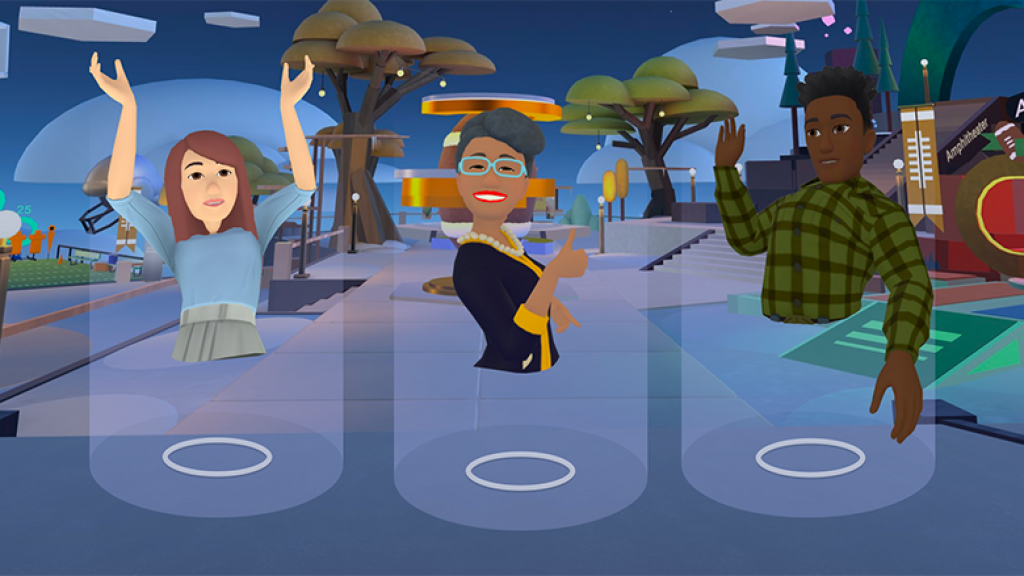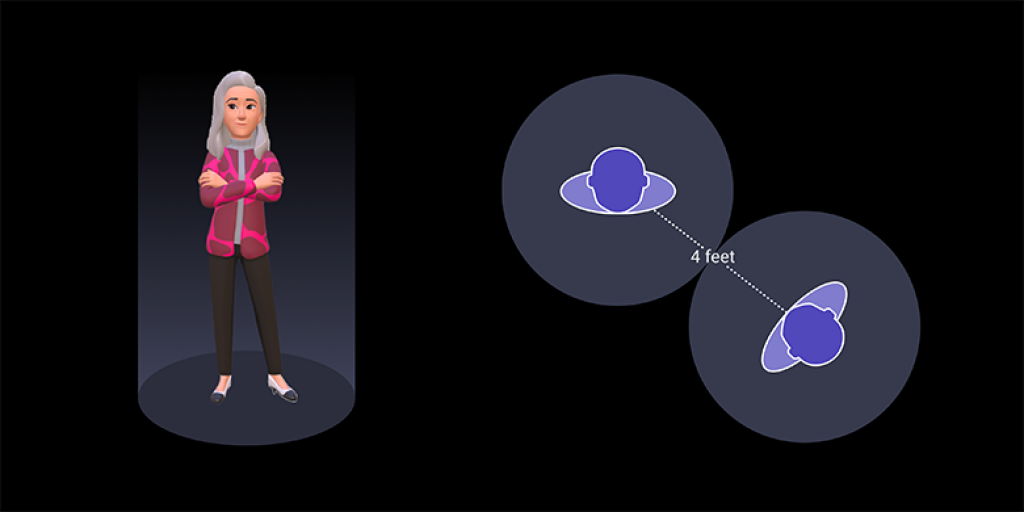
Online harassment is an issue as old as the internet itself, but it’s taking on a whole new dimension with the emergence of virtual reality.
In VR apps like Horizon Worlds and Horizon Venues, a harassment victim can be exposed to hurtful messages or threats and feel the attacker’s presence. The attacker can even virtually grope the victim and commit other forms of sexual harassment like the one reported by a Horizon Worlds beta tester in December 2021.
Now, Meta, the company behind Horizon Worlds and Horizon Venues, is rolling out a new feature intended to combat online harassment: personal boundaries around avatars.
“If someone tries to enter your Personal Boundary, the system will halt their forward movement as they reach the boundary,” explains Meta’s Horizon Vice President Vivek Sharma on Meta’s Oculus blog. “You won’t feel it—there is no haptic feedback.”

The Personal Boundary feature will be enabled by default to enforce behavioral norms in both Horizon Worlds, Meta’s collaborative platform where people can meet and design their own worlds, and Horizon Venues, a platform for hosting various VR events, from concerts to comedy shows.
In its current form, the Personal Boundary feature offers little in terms of customization, but Meta wants to explore the possibility of adding in new controls and UI changes, such as the ability to customize the size of the buffer zone around avatars, in the future.
Meta warns that Horizon Worlds and Horizon Venues users will have to extend their arms to be able to high-five or fist bump other users’ avatars because the Personal Boundary feature would otherwise prevent them from reaching one another.
Similar features are already supported by other online virtual world platforms, with VRChat and its Personal Space feature being a good example.
